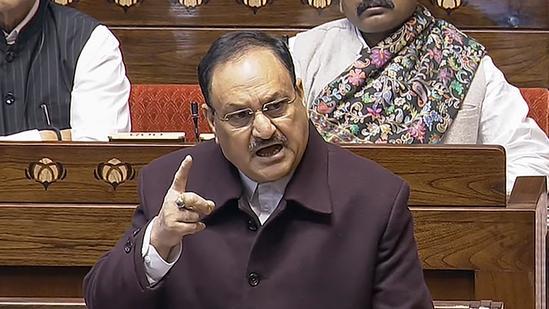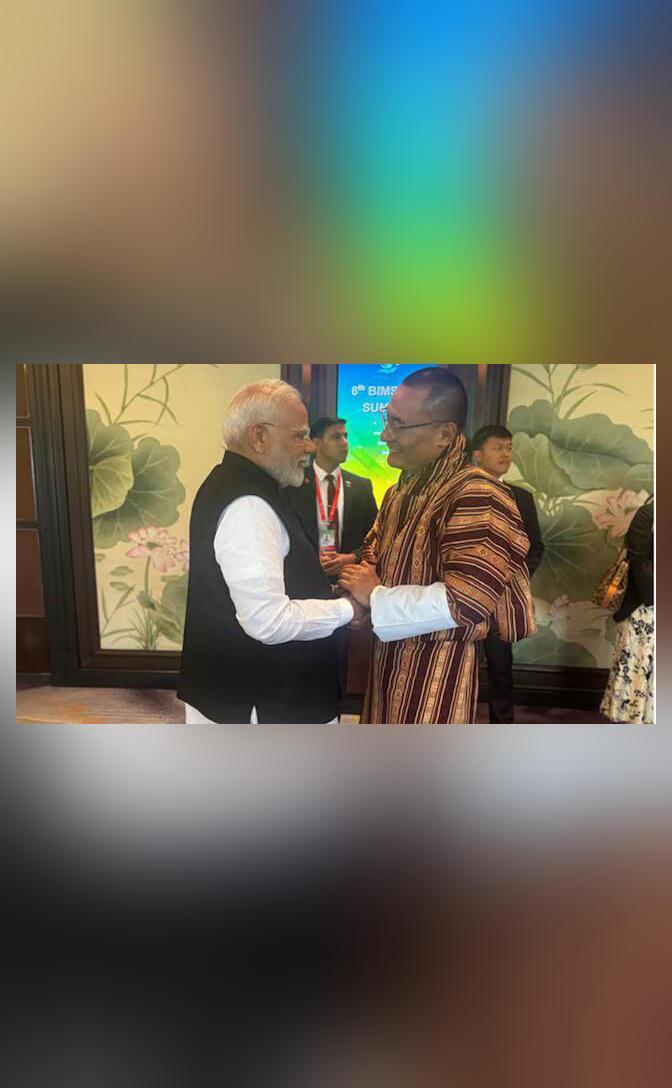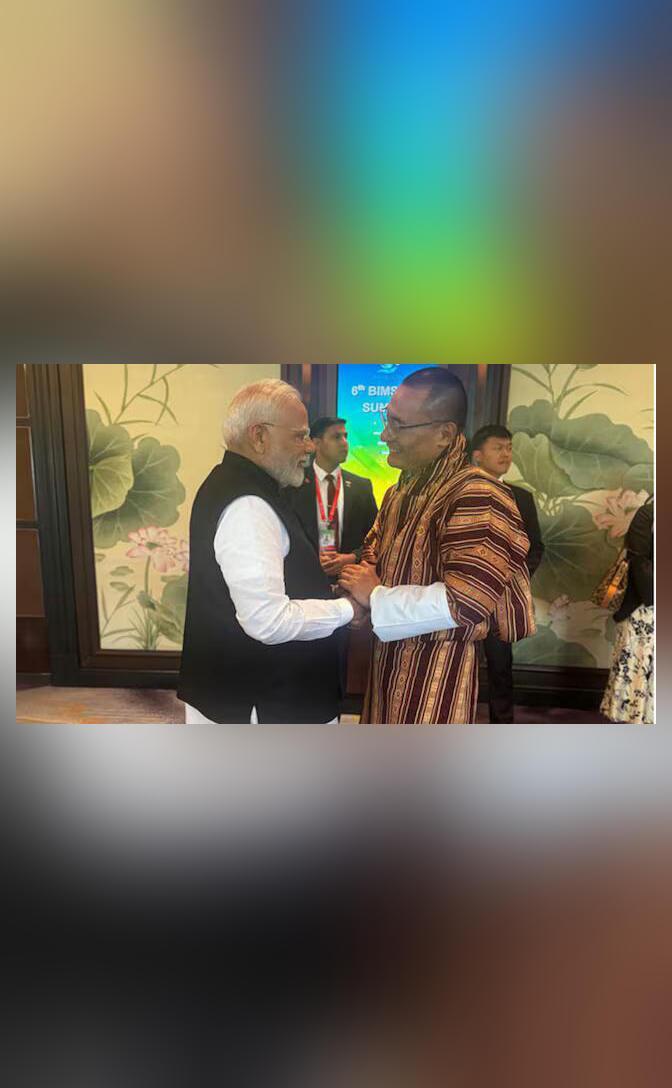
Congress made Muslim ladies 2nd class citizens in its rule: Nadda
A recent debate on the Waqf (Amendment) Bill in the Lok Sabha saw BJP MP JP Nadda accusing the Congress-led government of the past of treating Muslim women as second-class citizens. Nadda’s remarks sparked a heated discussion, with many calling for a change in the way Muslim women are treated in India.
In his speech, Nadda claimed that it was only during the Congress’s tenure at the Centre that Muslim women were excluded from the mainstream. He said, “It was only India where Muslim women weren’t brought into mainstream.” This comment is particularly significant, as it highlights the alleged neglect of Muslim women’s rights and dignity during the Congress government’s rule.
Nadda’s statement is not without merit. For decades, Muslim women have faced discrimination and marginalization in various aspects of life, including education, employment, and even personal laws. The triple talaq practice, which allows a Muslim man to divorce his wife by uttering the word “talaq” three times, has been a long-standing issue, with many arguing that it is a violation of women’s rights.
The Congress-led government has been criticized for its lack of action on this issue. Despite promising to reform the triple talaq practice, the government failed to introduce a bill to ban the practice. Instead, it allowed the practice to continue, despite widespread opposition from women’s rights activists and many other stakeholders.
Nadda’s criticism of the Congress-led government is not limited to the issue of triple talaq. He also highlighted the lack of representation of Muslim women in public life, saying that “We believe in real service, not lip service…Today crores of Muslim sisters have right to live with dignity.” This comment is significant, as it emphasizes the need for Muslim women to be represented in decision-making positions and to have a greater say in the direction of the country.
The issue of Muslim women’s representation is a critical one. Despite making up a significant proportion of India’s population, Muslim women are grossly underrepresented in public life. According to a report by the Sachar Committee, Muslim women are less likely to be employed, educated, and represented in public life compared to Muslim men and women from other religious communities.
Nadda’s comments have sparked a heated debate, with many calling for a change in the way Muslim women are treated in India. The debate is not limited to the issue of Muslim women’s rights, but also extends to the role of the government in promoting gender equality and social justice.
The Waqf (Amendment) Bill, which was passed by the Lok Sabha, aims to amend the Waqf Act of 1995. The bill seeks to empower Muslim women by allowing them to inherit property and have a greater say in the management of Waqf properties. The bill is seen as a significant step towards promoting gender equality and social justice among Muslim women.
However, the bill has been criticized by some for not going far enough. Many argue that the bill does not address the root causes of Muslim women’s marginalization and that more needs to be done to promote gender equality and social justice.
In conclusion, Nadda’s statement that Congress made Muslim ladies second-grade citizens during its rule is a harsh criticism of the government’s record on Muslim women’s rights. The statement highlights the need for greater action to promote gender equality and social justice among Muslim women. The Waqf (Amendment) Bill is a significant step in this direction, but more needs to be done to address the root causes of Muslim women’s marginalization.
Source:






